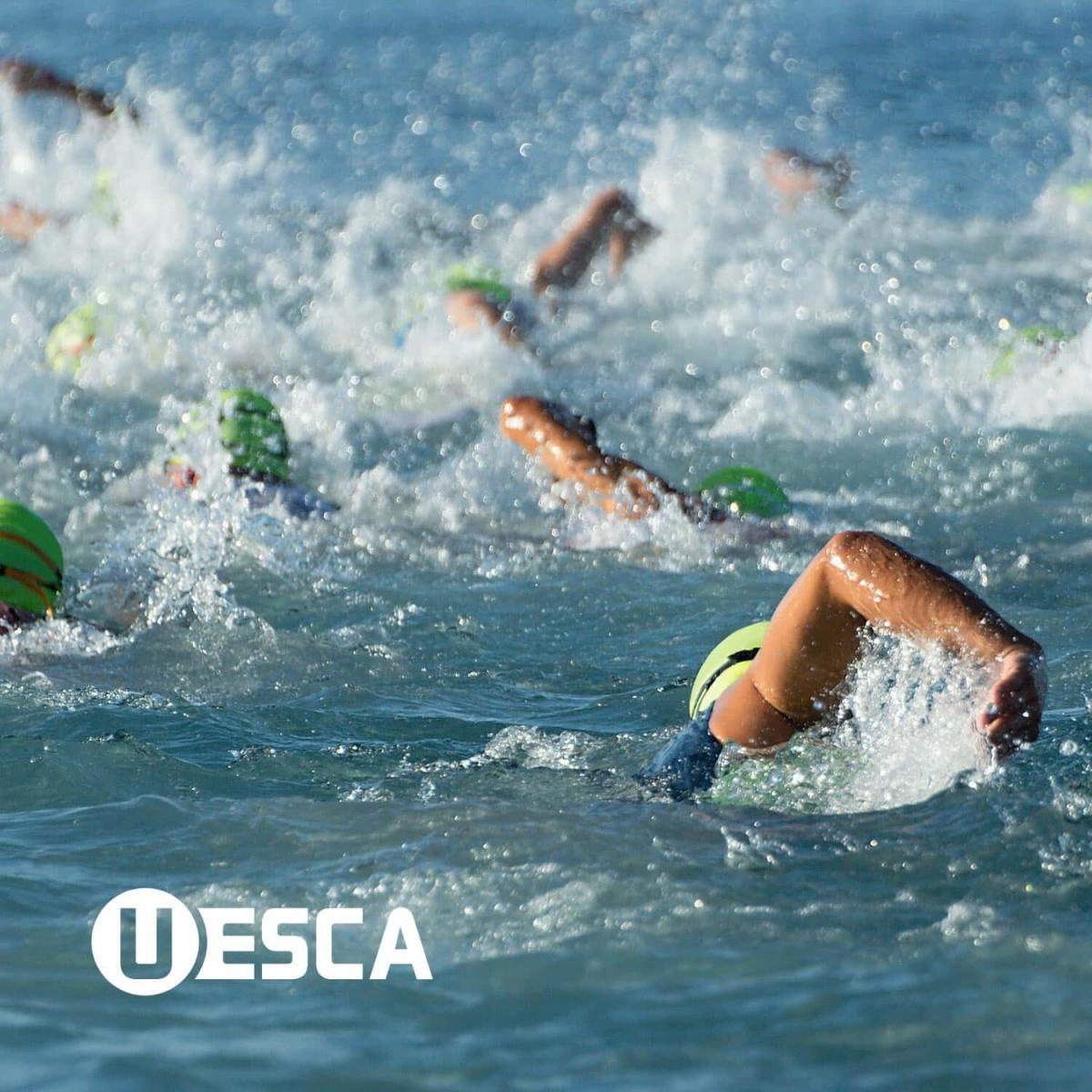Coaches are experts in helping athletes train and race optimally. As such, coaches have a scope of practice and also a scope of knowledge. Find out why these two areas are critical.

There are many aspects to being a great coach…
Reliable. Professional. Knowledgable. Adaptable. The list goes on.
However, one aspect of being a great coach that is often left off the list is that of staying in your lane. While this falls under the ‘professional’ category listed above, unfortunately, it is all too often ignored by coaches.
Blurred Lines
Knowing what you can and cannot say to an athlete is often about as clear as mud. A good example of this pertains to nutrition. While you can inform and educate in areas of nutrition, you cannot prescribe nutrition plans or diagnose a disorder. For example, you can inform an athlete on the purported benefits of caffeine based on a recent study, however you cannot ‘prescribe’ a particular dosage of caffeine for them to take.
Paging Dr. Prince

I’ve been a lifelong (well, at least since college many moons ago!) personal trainer and endurance sports coach and have worked with hundreds of personal training and endurance sport athletes. In doing so, I’ve noticed a trend. People live very busy lives. Due to that, the more things that an athlete can consolidate into a singular thing the better. This is especially the case for training advice. So it’s not surprising that athletes will come to you with questions about anything and everything pertaining to their body and the training/coaching process. From their point of view, if they can eliminate appointments with doctors, physical therapists and registered dieticians… all by asking you questions, what’s better and more efficient than that?!
I’ve been asked everything from, “How much creatine should I take?” to “My leg really hurts, is it broken?” The latter came from an athlete who had fallen while skiing in Aspen and they called me from the ski slope before even calling ski patrol!
From an athlete’s point of view, a coach is an all-knowing resource on all things pertaining to the body and exercise/sport. It’s likely that an athlete is not informed in respect to what a coach can and cannot discuss. Therefore, it’s very common and almost guaranteed that a coach will get questions that pertain to diagnosing a suspected injury and prescribing a nutrition program, among other things.
Therefore, it’s not the role of the athlete to understand what you can or cannot do or say… it’s yours! Just because an athlete thinks the world of you and because you took a course in corrective exercise – it does not qualify you to diagnose an injury and/or recommend a rehabilitation program.
Difference Between Scope of Practice and Scope of Knowledge
These are two very different things that often get confused as being the same. So let’s define them. Scope of practice refers to what you can legally do or not do based on your job. For example and as noted above, you cannot diagnose an injury.
However, you can as a coach advise on the benefits of foam rolling and technique. This is where scope of knowledge comes into play. While you can legally advise and demonstrate how to use a foam roller, if you don’t know anything about it or understand the proper way to use one, you have no business advising an athlete about it.
The words, “I’m not sure, let me look into this and get back to you” are very powerful. If something is in your scope of practice but outside of your scope of knowledge, this should likely be your response. And by the way, this in no way diminishes your professionalism… if anything, it enhances it!
Don’t Make Stuff Up
OK, so this should be a no-brainer but sadly, it isn’t. As a professional coach, you are being paid by an athlete to advise and guide them. Because of this, coaches often feel pressure to always have an answer to an athlete’s question(s). They often fear that by not having an answer will somehow diminish their credibility with the athlete. As a result, coaches often veer way out of their lane by making up answers to questions they have little or no knowledge about. The thought process behind doing so is that the athlete doesn’t know anything, therefore they won’t know if the coach is not giving them correct information. Poor form indeed!
Words Matter
As an example and going back to the injury topic, what you say is very pertinent to staying in your lane.
Let’s say an athlete comes to you complaining about a pain under their kneecap when they run. Below are two scenarios:
SCENARIO #1: “Oh, that’s Patellofemoral Syndrome, here’s how we’re going to fix it”
SCENARIO #2: “Hmmm, while I can’t say for sure what it is as it’s outside my scope of practice, pain under the kneecap can be indicative of a thing called Patellofemoral Syndrome. Why don’t you give your physical therapist a call to see if you can get in with them to get that looked at.”
See the difference?
It Takes A Village
As noted above, coaches often want to be able to have an answer for any question posed by one of their athletes. While impractical and likely illegal in some cases, this is where having a village comes into play.
Having a trusted team of individuals that you can refer athletes to is important. And I’m not just talking about medical professionals/clinicians. I’m also talking about the woman who owns the running store downtown who is an expert at fitting/recommending the best shoe. I’m talking about the personal trainer that specializes in working with triathletes.
By having team of professionals that you can refer athletes to, your value as a coach is much higher than if you try to go it alone. These individuals also serve as great educational resources and referral networks!
Summary
Understand what you can and cannot do and say, and appreciate your scope of knowledge and practice within that range. Stay humble, always be learning and let what is best for an athlete(s) be your north star in your coaching practice.








